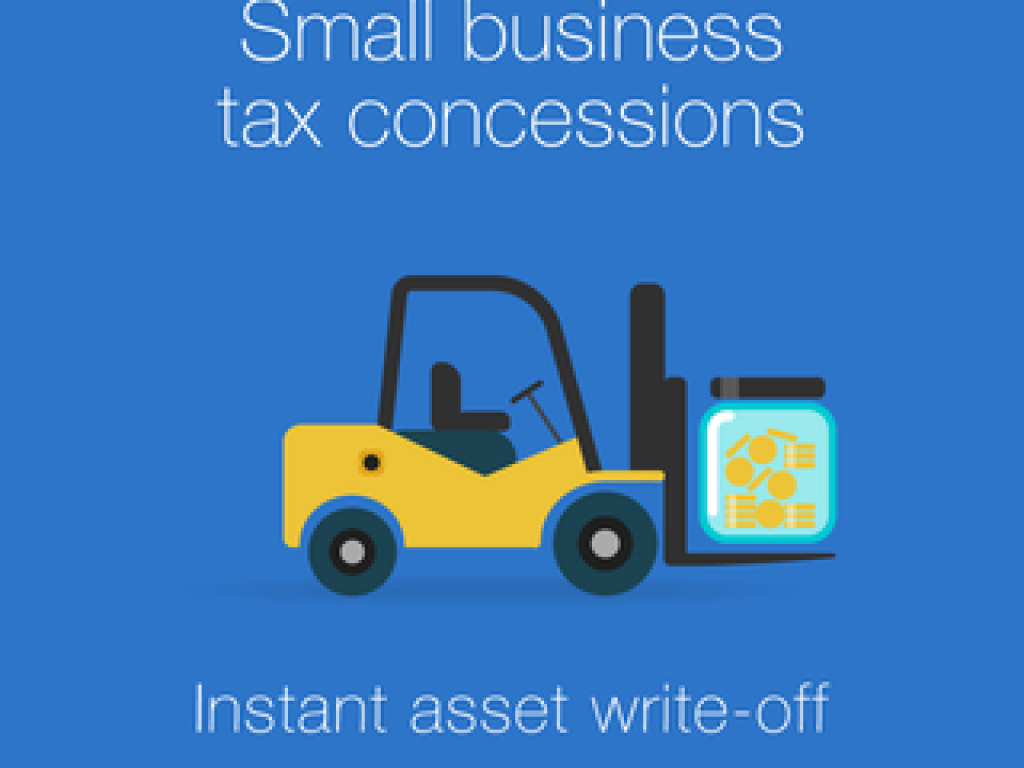Small business facing many EOFY changes

Small business ombudsman offers timely advice.
It’s a busy time for small business owners with new instant asset write-off thresholds, updated tax rules, increased superannuation payments and a rise in the minimum wage are among changes coming into effect on 1 July.
Bruce Billson, the Australian Small Business and Family Enterprise Ombudsman, said: “It is essential that small business owners and managers understand these changes.
“With so many pressures on busy small business leaders as we near the end of the financial year it can be easy to overlook new and changing rules. However, there are significant changes that cannot be put aside,” he said.
Below, are two of the key changes affecting small business. Others include award rates, paid parental leave and the super guarantee:
Instant asset write-off
The instant asset write-off threshold will be $20,000 on a per asset basis for 12 months from 1 July for eligible small businesses with a turnover up to $10 million.
It will replace the previous arrangement introduced during the COVID pandemic which expires on 30 June and provided a write-off of eligible assets costing up to $150,000 that were first used or installed ready for use between March 2020 and 30 June 2023.
From 1 July, assets valued at more than $20,000 (which cannot be immediately deducted) can be placed into the small business simplified depreciation pool and depreciated at 15 per cent in the first income year and 30% each income year thereafter.
Small businesses have until 30 June to use the 20 per cent tax deduction for investing in digital operations such as new equipment like technology, cloud-computing, e-invoicing or cyber security.
Small Business Energy Incentive
A tax incentive worth up to $20,000 will provide an additional 20% depreciation for eligible assets that support electrification and more efficient use of energy by small businesses.
The bonus will be provided to businesses with an annual turnover of less than $50 million and is aimed at helping them save on energy bills by making investments like electrifying their heating and cooling systems, upgrading to more efficient fridges and induction cooktops, and installing batteries and heat pumps.
Date Published:
28 June 2023

